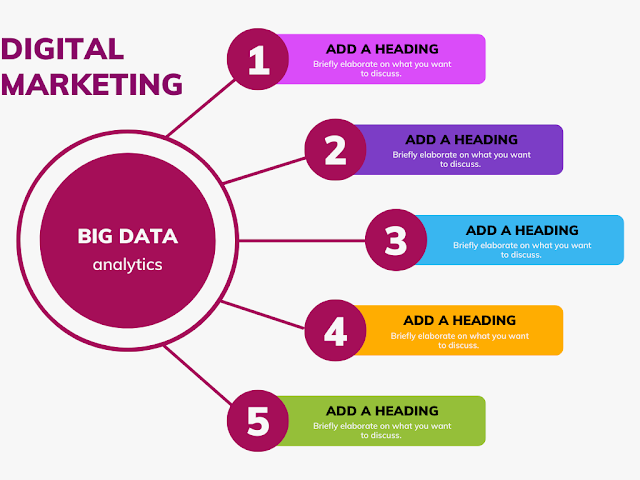Revolutionizing the Future: The Impact of Artificial Intelligence and Virtual Reality.
Technology and innovation have been driving forces in shaping our world today. One of the most exciting areas of technological advancement is artificial intelligence (AI) and virtual reality (VR). From self-driving cars to virtual shopping experiences, these cutting-edge technologies have the potential to revolutionize the way we live, work, and interact with one another.
Artificial intelligence is a broad field that includes a wide range of technologies and applications. At its core, AI is the development of computer systems that can perform tasks that would typically require human intelligence, such as recognizing speech, understanding natural language, and making decisions. One of the most well-known forms of AI is machine learning, a subset of AI that enables computers to learn from data and improve their performance over time.
One of the most significant advancements in AI is deep
learning, which is a subset of machine learning. Deep learning is a neural
network-based approach that uses multiple layers of interconnected nodes, or
artificial neurons, to analyze and process large amounts of data. This
technology has been used to develop applications such as image and speech
recognition, natural language processing, and computer vision. Deep learning
has also been used in a wide range of industries, including healthcare,
finance, and transportation.
Virtual reality, on the other hand, is a computer-generated
simulation of a three-dimensional environment that can be explored and
interacted with using specialized hardware, such as head-mounted displays. VR
has been used in a wide range of applications, including gaming, education, and
therapy. The technology has also been used to create immersive virtual
experiences for entertainment, such as movies and music festivals.
The use of VR and AR in healthcare is also becoming more
prevalent. VR has been used in the treatment of a wide range of conditions,
including post-traumatic stress disorder (PTSD), phobias, and chronic pain. In
addition, VR and AR are being used to train medical professionals, allowing
them to practice procedures in a safe, simulated environment.




Comments
Post a Comment